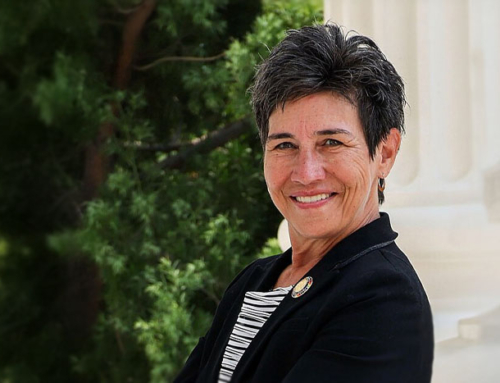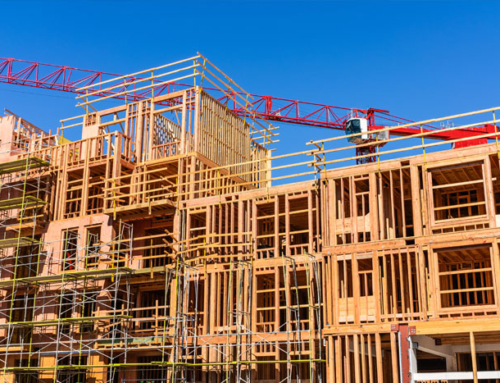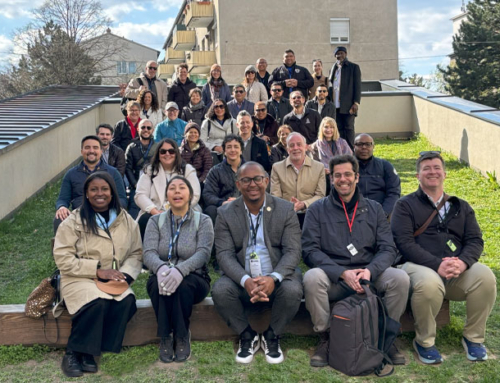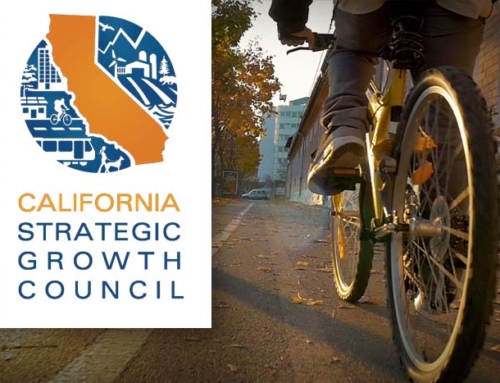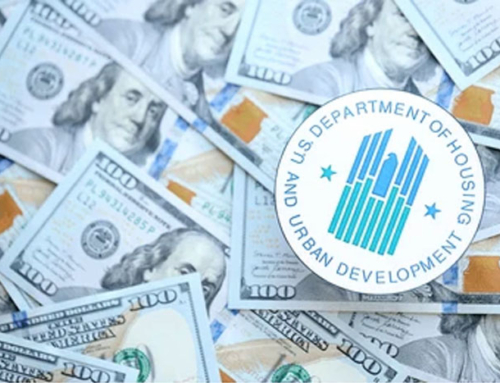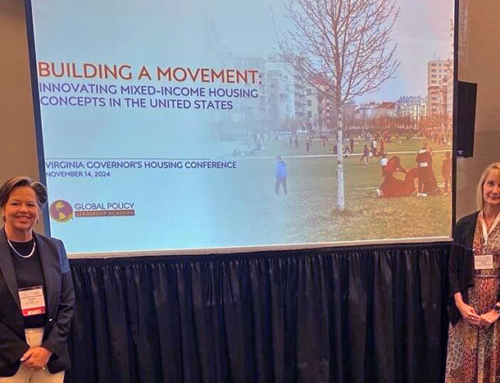Reflecting on the events of the past year, we recognize the potential future headwinds facing the development of more stable, safe, and affordable housing in California. At the same time, there are signs of opportunities to take advantage of and to continue innovating and identifying ways to ensure California remains a place for all.
The headline of the year federally is that President-elect Donald Trump made sweeping electoral gains across the country in November, winning the popular and electoral vote and defying predictions of a razor-thin race. Coupled with a Senate and House majorities, the new Republican-led executive and legislative branches could reverse previous housing and homelessness gains and require even greater bipartisan collaboration to move housing solutions forward.
At the same time, California’s 2024-25 budget saw an overall reduction in spending on housing and approximately neutral spending on homelessness. The 2025 – 26 budget remains roughly balanced, with a strong potential for increasing deficits in the years ahead. Specifically for housing and homelessness, Proposition 5, which could have enabled greater funding for affordable housing construction and various public infrastructure projects, was defeated at the ballot box.
Despite these potential headwinds, several hopeful signs persist at multiple levels of government, spurring us to continue our work.
In November, the YIMBY Caucus was launched with 25 bipartisan US Congressmembers who agreed on one key concept: accelerating housing production is the solution to America’s affordable housing challenge. This recognition of the national-level concern around housing affordability means that housing will continue to be at the forefront of the national conversation, with the potential for bipartisan solutions to move forward. The YIMBY Caucus reflects the success of this Californian-born movement, and is led by California Democrat Rep. Robert Garcia (D-CA) and co-chaired by Reps. Lori Chavez-DeRemer (R-Oregon), Jake Auchincloss (D-Mass.), Juan Ciscomani (R-Ariz.), Rep. Scott Peters (D-Calif.), Rep. Chuck Edwards (R-N.C.), Rep. Brittany Pettersen (D-Colo.) and Rep. Marc Molinaro (R-N.Y.).
Social housing continues to gain attention throughout the country, with models and programs being developed in Seattle, WA; Montgomery County, MD; and Atlanta, GA. The Harris-Walz and Ocasio-Cortez-Smith Housing Plans released late last year additionally referenced social housing elements, such as repurposing public lands, mixed-income units, and a public option for housing. The Global Policy Leadership Academy team will continue to educate its diverse group of delegates as well as provide research on how these models can apply to the US context. If you are interested in joining our April and September 2025 delegations learn more and register here.
Within California, legislators this year signed multiple housing and homelessness bills that reinforced prior housing enforcement and accountability legislation and maximized density on underutilized properties. As Speaker Rivas noted in his speech to the newly sworn-in Legislature on December 2, affordability continues to be a concern the legislators wish to address, and Democratic leaders see boosting housing construction through streamlining, land use reform, and further accountability and enforcement as a means of supporting continued production in the coming year.
This focus on housing next year will be reinforced by additional housing champions elected both to the state Senate and Assembly. In the Senate, the election of Sasha Renée Pérez (D-Pasadena), Chris Cabaldon (D-West Sacramento/Napa), Tim Grayson (D-Concord), and Jesse Arreguin (D-Berkeley) added 4 housing champions. Meanwhile, the Assembly saw 9 new pro-housing colleagues in the Democratic caucus with wins by John Harabedian (D-Pasadena), Nick Schultz (D-Burbank), Catherine Stefani (D-San Francisco), Anamarie Avila Farias (D-Contra Costa), Mark Gonzalez (D-Los Angeles), Rhodesia Random (D-Tracy), Sade Elhawary (D-Los Angeles), Jessica Caloza (D-Los Angeles), and Darshana Patel (D-San Diego). Republicans Alexandra Macedo (R-Visalia), Heather Hadwick (R-Redding), and David Tangipa (R-Fresno), are also likely to bring more enthusiasm and a pro-housing agenda to the GOP caucus.
Locally, Los Angeles County voters approved Measure A, the Affordable Housing, Homelessness Solutions and Prevention Now measure, which replaces the quarter-cent Measure H sales tax with a half-cent sales tax with no sunset date. This initiative has the potential to generate $1.2B annually for housing and homelessness solutions aimed at building more affordable housing, increasing access to mental health and substance abuse treatment, and bolstering accountability. This amount includes about $438M (nearly 36%) dedicated to the LA County Affordable Housing Solutions Agency (LACAHSA), the regional affordable housing finance agency created in 2022. The LeSar family of firms will continue supporting LACAHSA as it staffs up and builds out its operations.
We expect to track more developments at the Federal, State, and Local levels throughout the year and look forward to our continued partnership to address housing and homelessness issues. Happy New Year!
© LeSar Holdings/LeSar Development Consultants. All Rights Reserved. Please be advised that any republishing of copyrighted material provided by our organization, in whole or in part, requires prior written authorization. For permission, please reach out to [email protected]. We appreciate your understanding and compliance in upholding copyright laws.











